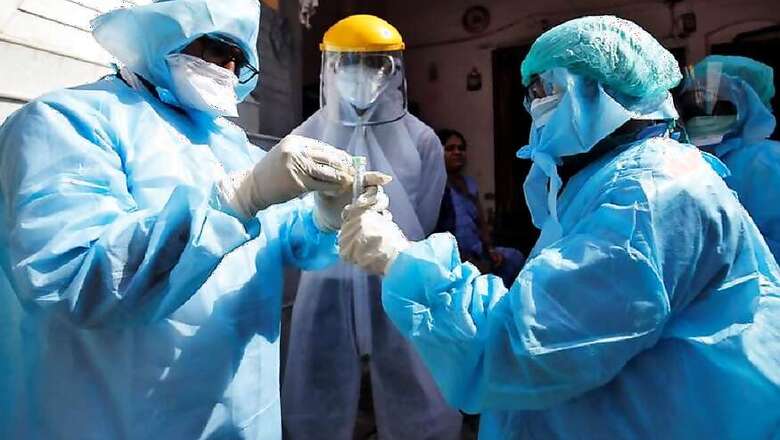
views
The government is unlikely to exempt GST on medical items like ventilators, PPEs, masks, test kits and sanitisers, as it would lead to blocked input tax credit (ITC), thereby increasing the cost of manufacturing and increase the price for consumers.
There have been demands from certain sections to exempt GST on certain items like ventilators, personal protective equipment (PPEs), masks, test kits and sanitisers that are essential items for treatment of COVID-19 saying that GST exemption on these items would lead to reduction in prices.
Currently, GST rate on ventilator is 12 per cent; on mask, it is 5 per cent; on test kits, it is 12 per cent; on sanitiser, it is 18 per cent; and on PPE, it is 5 per cent (costing up to Rs 1,000) and 12 per cent (if the cost is more that Rs 1,000 per piece).
Sources said GST exemption on such items would lead to blocked input tax credit (ITC), thereby increasing the cost of manufacturing and a higher price for consumers.
GST exemption on such items would jeopardise the interest of the industry and would not result in any significant gains to consumer, they said adding that in the past, GST exemption on sanitary napkin has led to similar situation for the domestic manufacturers.
The sources said that while consumers do not gain from GST exemption on these items, the compliance burden would increase for manufacturers as they would be required to maintain separate account of inputs, input services and capital goods used for manufacture of these items. In case, they are not in a position to maintain separate account, they shall be required to reverse the input tax credit on all inputs/ input services used in manufacture of exempted PPE after applying detailed calculations.
Further, exempting these items would lead to blockage of ITC for domestic manufacturer but importers would not suffer any such blockage, the sources added.
Earlier this month, the government exempted basic customs duty and health cess on these items (except sanitiser) till September 30. The sources said that while the elimination of customs duty may have been detrimental to domestic manufacturing, it was done to meet the immediate need of such goods to deal with the COVID-19 pandemic, considering that domestic supply may not have been sufficient to meet the increased requirement.



















Comments
0 comment